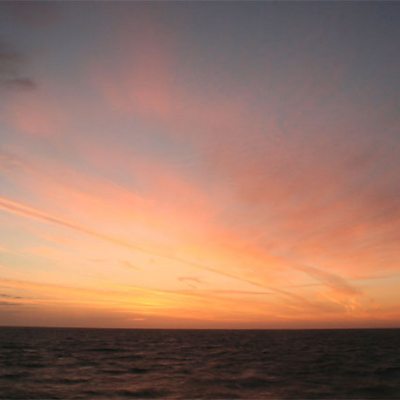Episode details

Available for over a year
Good morning The presence of Pope Francis in the Middle East is a landmark in Jewish-Christian relations. But it is more than that. It could be highly relevant to the search for peace across the region, and even wider. He has taken with him two old friends from Buenos Aires, a rabbi and an imam. That immediately signals that the Pope wishes to emphasise that religion is a factor underlying all those conflicts, and that, as it is such a crucial element in the problems, it also has to be part of the solutions. That has to be about disentangling religion from politics, a subject on which Pope Francis has thought a great deal, while also recognising how religion can shape cultural identity. Standing among the refugees in Jordan who have been driven out of Syria by the civil war there, the Pope will know that this is essentially a bitter internal feud between various branches of Islam. Syrian Christians have suffered enormously from being caught in the crossfire. Elsewhere relations between Islam and Christianity have entered a new era, with the official leaders of both faiths now prepared to treat each other with respect. Yet no-one visiting Jerusalem as Pope Francis is today can miss evidence of the mediaeval Crusades, the series of bloody wars between Christian and Muslim powers for control of the land. Despite the official rapprochement, a minority of extremists wish to continue the fight. The crusades also set Christians against Christians, which is why another key element in the Pope's visit will be a highly symbolic meeting with the head of the Greek Orthodox Church, Patriarch Bartholomew, to celebrate their reconciliation. It shouldn't be forgotten that one element in the conflict in Ukraine is tension, going back a long way and dividing eastern from western Ukraine, between members of the Orthodox and Catholic churches there. It would take more than a few kind words from a visiting Pope and an invitation to a joint prayer meeting in the Vatican to restart the stalled Israeli-Palestinian negotiations. But again religion is a key factor. It is precisely because Francis is not aligned with either side that he could have great influence. What the Pope can do is to get each side to look away from the immediate impasse and decide what they are praying for to be happening in five or ten years’ time, and then to ask themselves - and each other - how to get there. The goal of Jews, Muslims and Christians living peacefully side by side will only happen, it seems to me, when each of them returns to the true basis of their faith - a theology of peace and justice. Blessed are the peacemakers, Jesus said in his sermon on the mount. But he didn't say it would be easy, or that the results would be obvious next day.
Programme Website